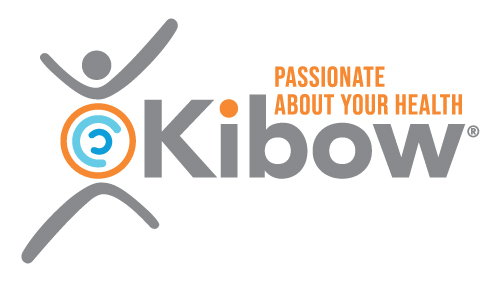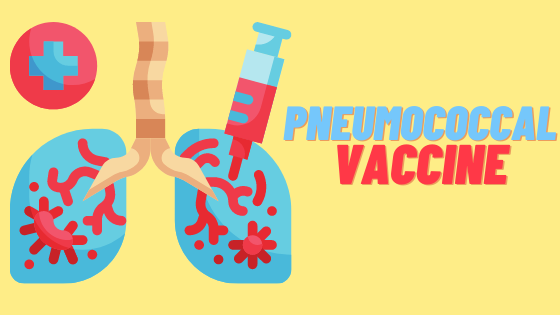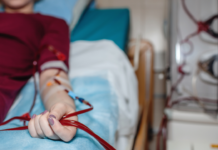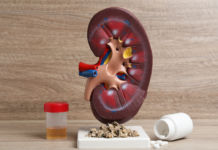*These statements have not been evaluated by the US Food and Drug Administration. This information is not intended to diagnose, treat, cure, or prevent any disease. Always consult with a qualified healthcare professional prior to beginning any diet or exercise program or taking any dietary supplement. The content on our website is for informational and educational purposes only.
Written By: Steve L. Belcher, RN, MSN, MS, DN-CM
Sponsored by: Renadyl™
“Have you had a pneumonia vaccination” is what many patients attending outpatient hemodialysis often hear from the nurses? What is the Pneumococcal vaccine and why is it important to kidney dialysis patients?
What is pneumococcal?
The prefix “pneumo- “means lung. The word pneumonia, for example, refers to an inflammation in the lungs. Pneumococcal refers to organisms that can cause pneumonia. These organisms can also cause infections inside the blood (bacteremia) or on the covering of the brain (meningitis).
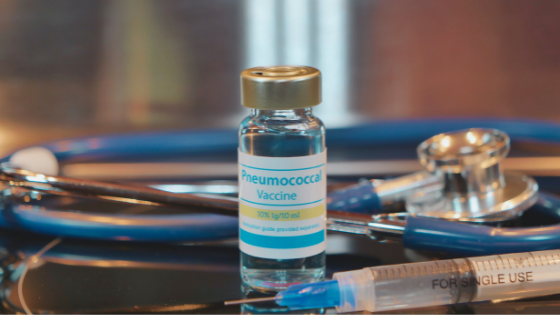
How serious are these infections?
About 1 out of every 20 people who develop pneumococcal pneumonia die. This death rate is higher with a blood infection or meningitis. It is also higher in persons with special health problems such as kidney failure or diabetes. Pneumococcal disease kills more people in the United States each year than all other vaccine-preventable diseases combined. While drugs such as penicillin used to work well to treat these infections, the pneumococcal disease has now become more resistant to these drugs, making it harder to treat.
Who should receive the vaccine?
The Center for Disease Control (CDC) recommends w that the following groups of people receive the pneumococcal vaccine.
- Anyone over two years old who has a long-term health problem (such as diabetes or kidney failure).
- All persons 65 years of age or older.
How many vaccine doses are needed?
Two doses are recommended for persons with kidney failure. These two doses are to be five or more years apart.
Is the vaccine safe?
Getting a pneumococcal disease is much more likely to cause serious problems than getting the vaccine. According to the CDC, the vaccine is very safe. Severe allergic reactions are quite rare. Less than 1% of the persons who receive the vaccine develop a fever or muscle aches.
How can I get the vaccine?
Talk with your kidney doctor if you have any questions or concerns about the pneumococcal vaccine. Stay safe!
About the author
Steven Belcher, RN, MSN, MS, is a dedicated kidney advocate who began his journey 20 years ago as a dialysis nurse. This job inspired him to help as many people with kidney disease as he could. Not only did he spent two decades caring for a patient’s physical and emotional needs in a clinical setting, but he also educated the public on the risk factors of kidney disease. Some of his many philanthropic successes include being a keynote speaker at the National Association of Nephrology Technicians/ Technologists (NANT), presenting at community spaces, and launching radio shows.
He now focuses his time entirely on his organization Urban Kidney Alliance, which educates the public about kidney disease. His goal? To lower rates of Chronic Kidney Disease in urban communities in Baltimore, Maryland, across the country, and globally through education and collaboration.
Steve has also written the book “HOW TO SURVIVE OUTPATIENT HEMODIALYSIS: A GUIDE FOR PATIENTS WITH KIDNEY FAILURE.” You can read the book review here.
Learn more about our sponsor Renadyl™ here https://renadyl.com
